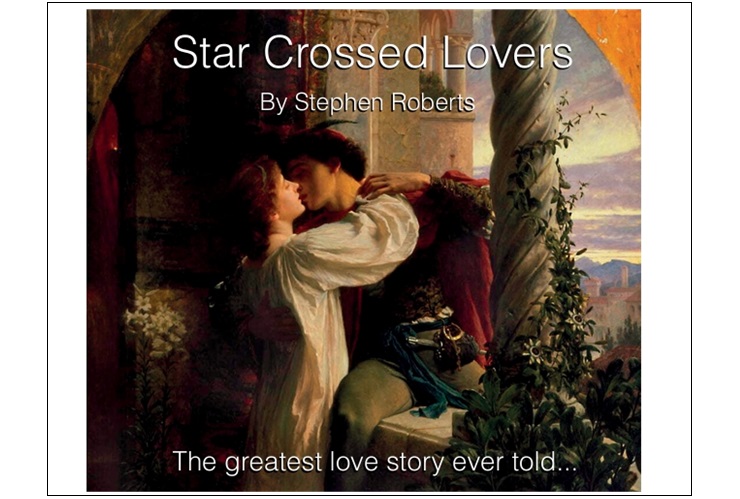
Unlike Romeo and Juliet, it won’t be the ineffable providence of fate that will ultimately decide the destiny of the 171st British Open Championship at Symphony Hall on the weekend.
That will be down to the more readily identifiable opinions of the trio of adjudicators (below) including Stephen Roberts, the composer of the test-piece, who will be joined by his vastly experienced colleagues Anne Crookston and David Hirst in providing the scrutiny of the 18 performances of ‘Star Crossed Lovers’.
And whilst Shakespeare’s play may end with the teenage protagonists embraced in death, thanks to the composer employing a little bit of artistic licence in returning to the original intentions of Sergei Prokofiev’s 1935 ballet score, the final act of the contest will also be one of triumphant joy as the new champion is announced.
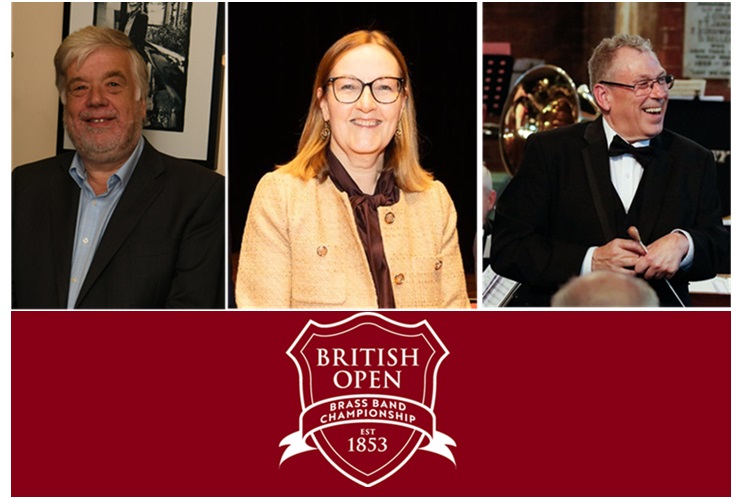
Bobby Ewing
Literary traditionalists may baulk at the brass band contest equivalent of seeing Bobby Ewing emerge from the shower after being killed off in ‘Dallas’ all those years ago, (which itself was supposedly based on the Romeo and Juliet theme of the star crossed lovers, Bobby and Pammy), but then again Shakespeare himself was also well known for an errata or two led re-write.
Literary traditionalists may baulk at the brass band contest equivalent of seeing Bobby Ewing emerge from the shower after being killed off in ‘Dallas’ all those years ago, but then again Shakespeare himself was also well known for an errata or two led re-write.
Musical spirit
All the audience in the hall (as well as those on the live broadcast at http://www.wobplay.com) have to do is sit back and enjoy the familiar musical influences inspired by the ballet that will unfold before them over a compact 16 and half minutes or so.
The musical spirit of Prokofiev’s score is captured in a series character led vignette scenes rather than any attempt to replicate the linear narrative line.
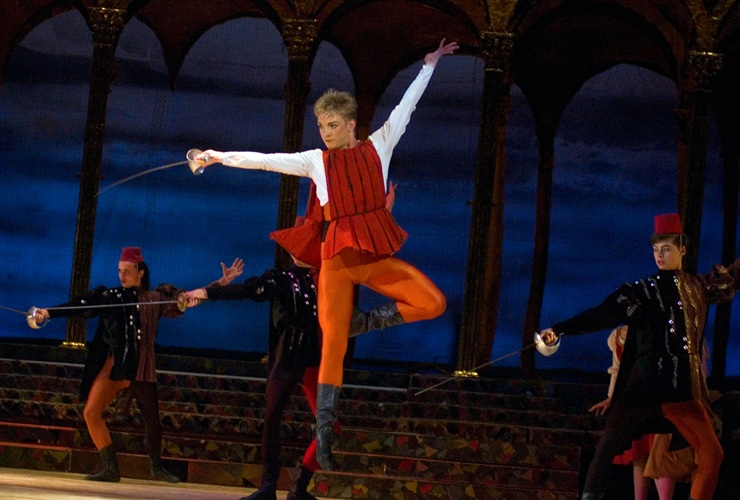
Stephen Roberts’ homage is direct as well as indirect; from the opening sliding chords and famous ‘Dance of the Knights’, (above) to the series of solo and ensemble cadenzas (one off stage) and a stamina sapping ending that could see potential title aspirations die of exhaustion let alone a well-placed bottle of poison and a dagger.
Mea Culpa
There have been understandable pre-contest grumbles about the number of errata issued, but come the first series of imposing chords followed by an immensely tricky duet cadenza for cornet and euphonium, linked to a subterranean tuba and bass trombone response, any responses other than ‘Mea culpa’ will quickly come unstuck.
The scoring at times is lean and refined, at others thick and juicy, but all have clearly defined seams that lie in their correct place on top of each other
No camouflage
The familiar ballet sounds don’t hide their difficulties behind needless camouflage tricks either.
The scoring at times is lean and refined, at others thick and juicy, but all have clearly defined seams that lie in their correct place on top of each other (especially at the end). Conductors don’t need to be Shakespeare or Prokofiev scholars, just fully aware and informed of what is required to create a title winning brass band performance.
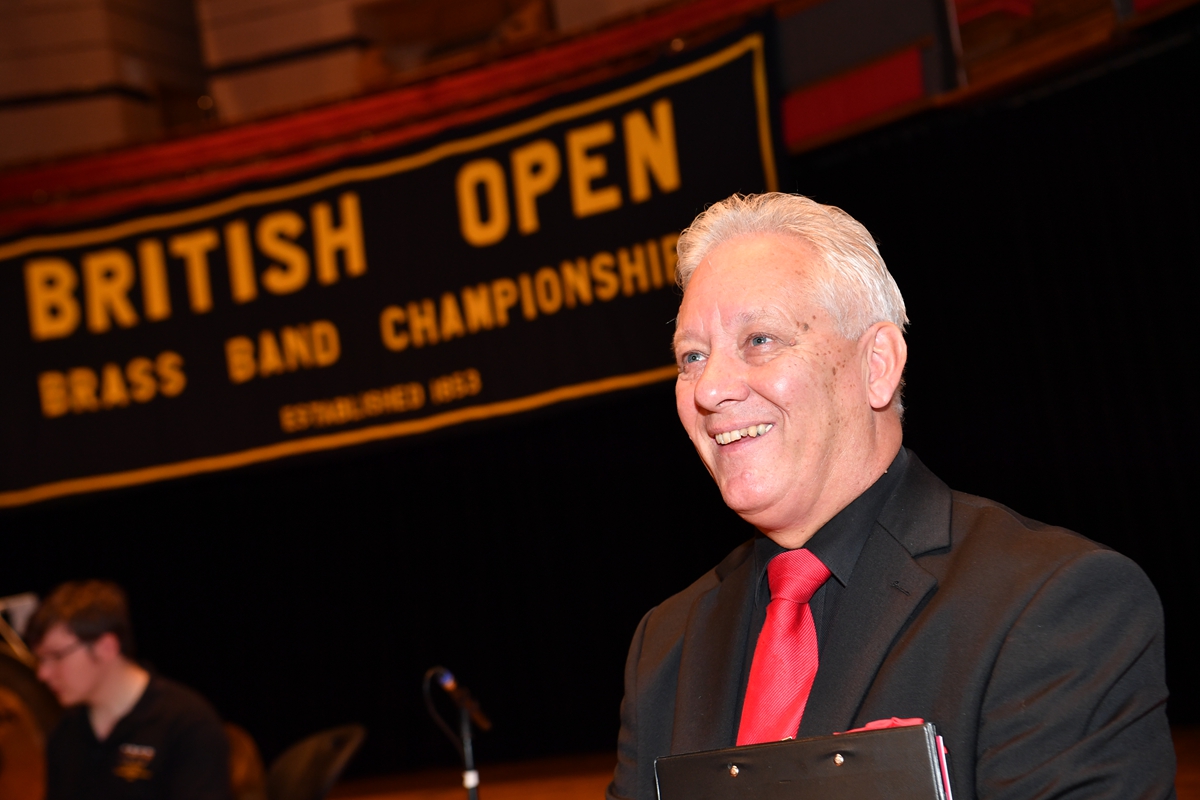
10.00am kick off
It all kicks off at 10.00am with the first band introduced by compere David Hayward (above), who does so much to assist in the smooth running of the day.
Who will claim the imposing British Open Gold Shield and the record £5,500 first prize this year will be decided after what promises to be a thoroughly absorbing contest.
However, if you don’t want to be in a last minute rush for your seat to hear the world premiere, get to the hall early and you can grab a coffee and enjoy the pre-contest musical entertainment provided by Birmingham Citadel Band as you browse through the 40-page commemorative programme and your study score.
Who will claim the imposing British Open Gold Shield and the record £5,500 first prize this year will be decided after what promises to be a thoroughly absorbing contest.
New prize
In addition, there is a new prize this year. The Phillip McCann Trophy will be presented to the ‘Best Cornet Player’ – one from any role on the Bb cornet section the judges decide has displayed the art of cornet playing. The highest placed English band will also gain the invitation to represent the nation at the 2027 European Championships in Montreux.
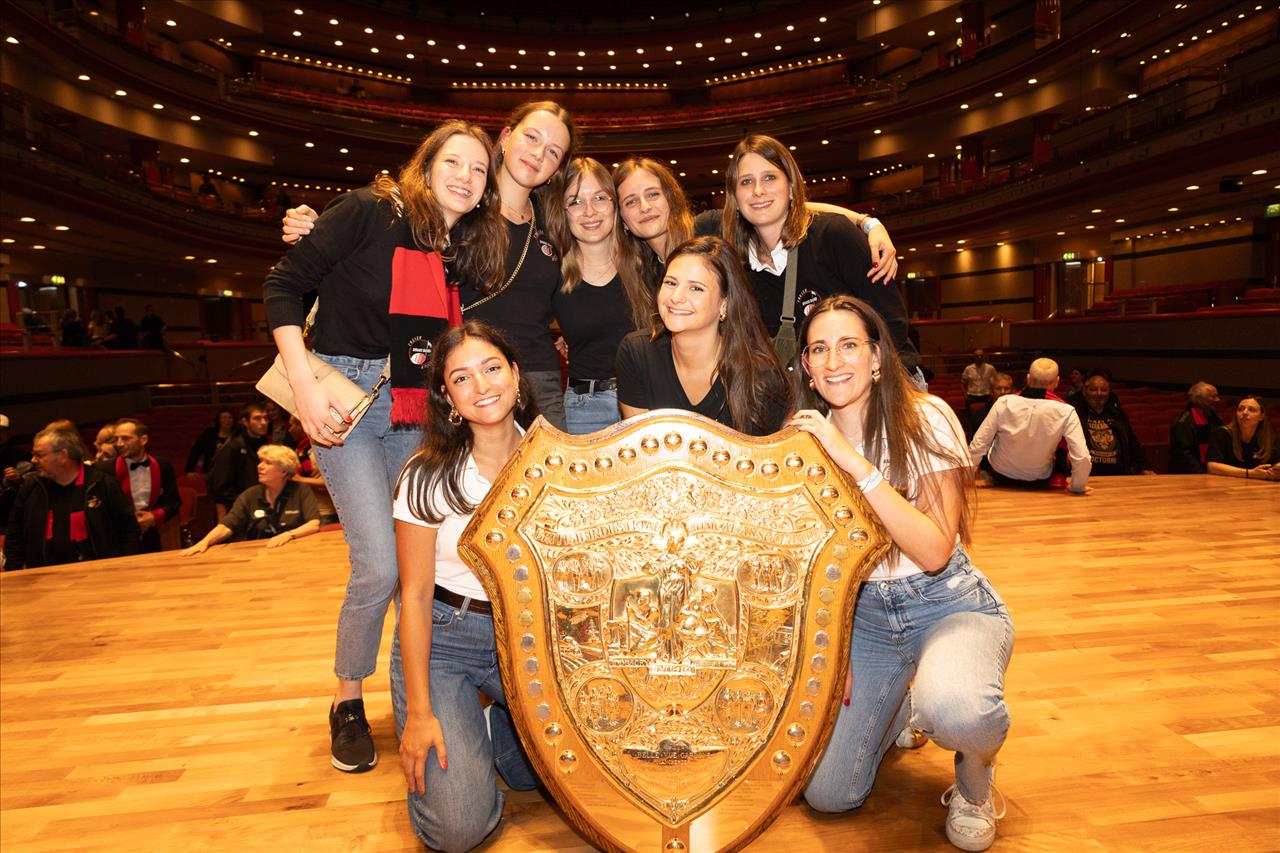
Defending champion
The defending champion is Brass Band Treize Etoiles, who won the title last year in memorable fashion. They return not as European or even Swiss National champion however - fate rather conspiring against them somewhat in Norway where they were drawn number 1 in both elements of the contest.
They return not as European or even Swiss National champion however - fate rather conspiring against them somewhat in Norway where they were drawn number 1 in both elements of the contest.
Belgians and Aussies
If they win again, they will return once more alongside Brass Band Willebroek, who claimed the European title in Stavanger. If not, then it will only be the Belgians, although the Mortimer family has confirmed that the 2026 field will also include the 2025 Premier Grade Champion Band of Australia, Sydney Brass.
Their appearance will mark 102 years since the Newcastle Steel Works Band won at Belle Vue, and the first time since 2009 that an Australian band makes the long-haul flight to compete at the event.

EverReady return
Others have made the slightly shorter journey this year, with the return of the EverReady Band (above) to the line-up for the first time since 2013 after they won the Grand Shield in Blackpool in May.
Joining them will be debutants Amersham, who in 2010 were still competing in the Fourth Section.
Their incredible journey reaches a remarkable apex under MD Paul Fisher this weekend – testament not only to their musical excellence, but that of their inclusive community-based ethos.
Past champions
A host of bands wishing to once again lift the Gold Shield in triumph line-up in strength alongside them though – led by 30 time champion Black Dyke, looking to strike gold for the first time since 2014.
Multiple former champions also come in the form of KNDS Fairey (16 times); Foden’s (13); Cory (8); Brighouse & Rastrick (7); Grimethorpe (5) Hammonds (4); Tredegar (2); Carlton Main (2) and Leyland (once).
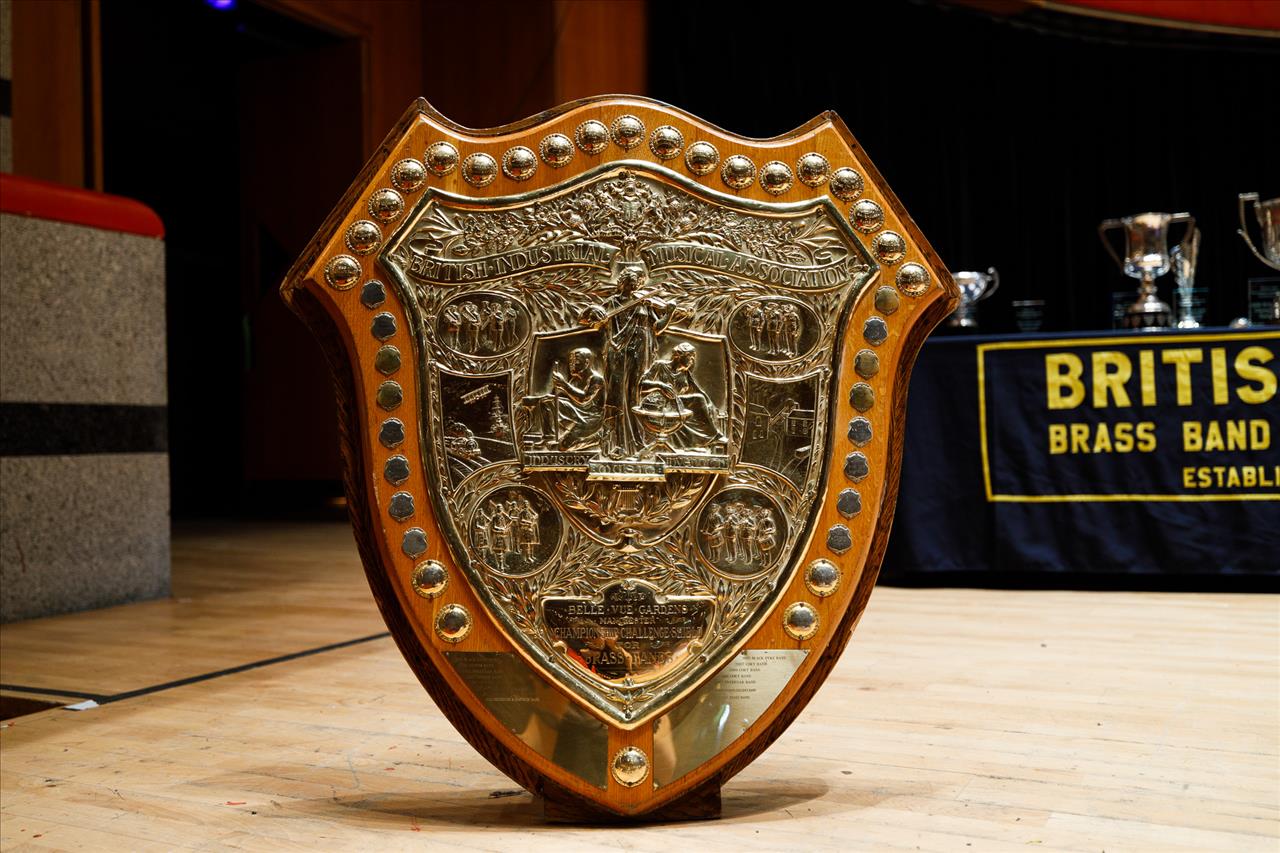
Engraving
Those looking to get their name engraved on the trophy for the first time include one of the bookies favourites in 2024 National Champion Flowers, the two Scottish contenders in the cooperation band and Whitburn, Aldbourne and Oldham Band (Lees).
All take their place in the line-up on deserved merit – and all more than capable of winning.
Birmingham fate
However, all also know that if fate conspires against them (draw, nerves, performance, illness or unforeseen circumstances etc, etc) they could well face the prospect of a return to the Grand Shield – although there is a little crumb of comfort perhaps in that the 2026 event will also be held in Birmingham.
Even the great Bard of Stratford would find it a tragedy to miss it.
Since 2000 no band placed in the top 11 from the previous year has fallen through the trap door. Fate though can be fickle.
Plenty then to enjoy – with 18 top class bands providing the entertainment inspired by one of Shakespeare’s most famous plays. Even the great Bard of Stratford would find it a tragedy to miss it.
Iwan Fox













